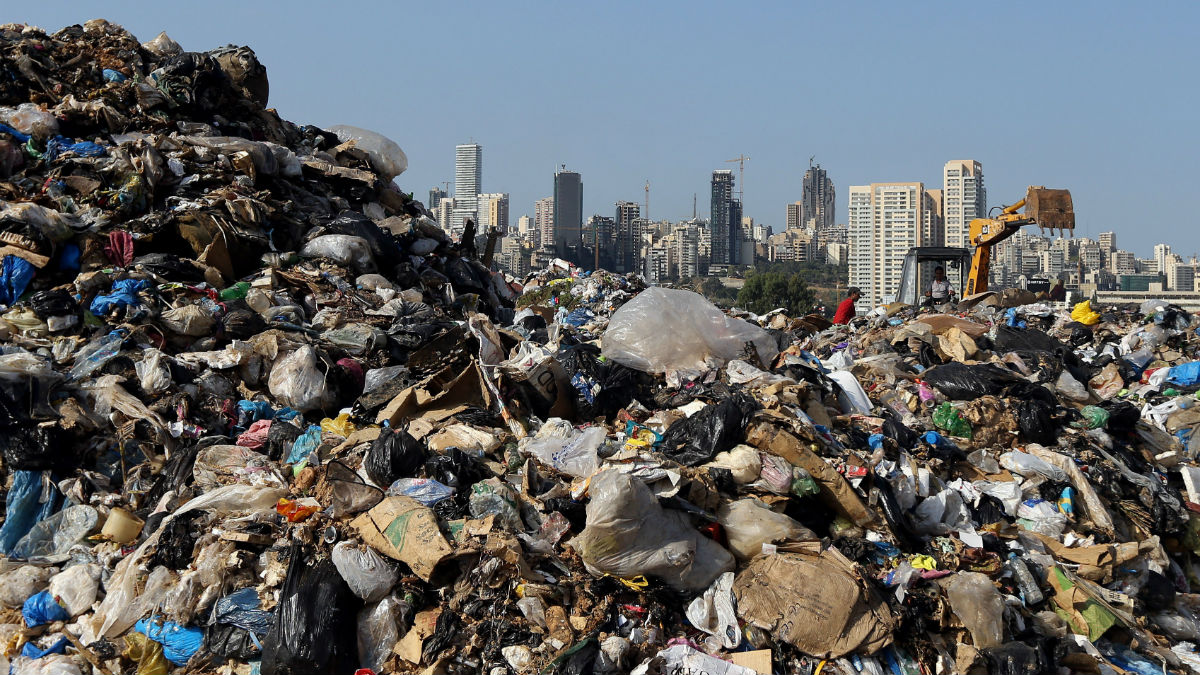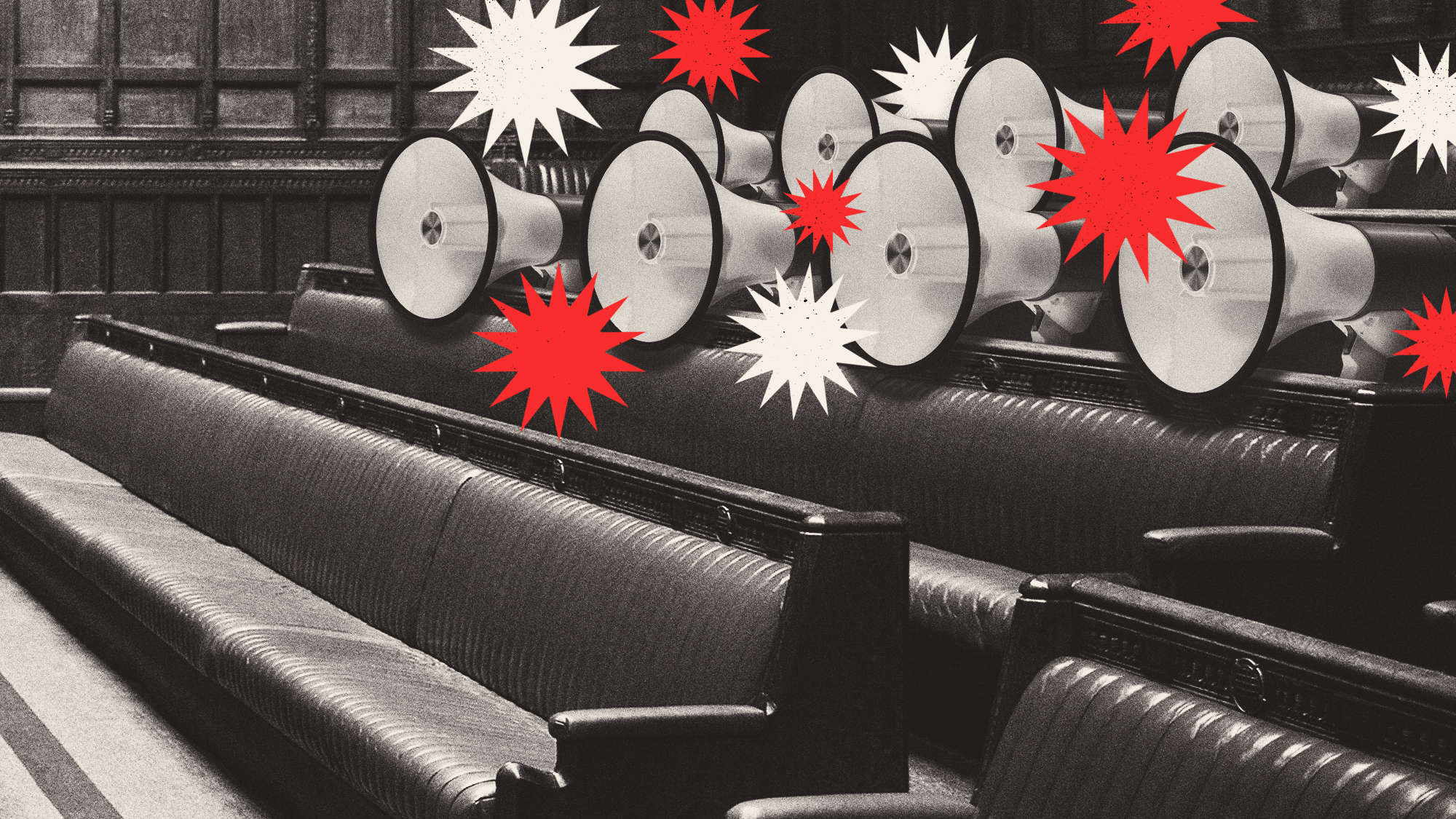Welcome to the Anthropocene, a new geological era for the world
'This is a big deal,' say geologists. 'We could be looking at a step-change from one world to another'

We are living in the Anthropocene, scientists say, as a new study suggests our effect on the planet is so drastic that the current geological epoch should be named after humanity.
Geologists and other earth scientists divide time into eras, periods and epochs, with the last being the smallest subdivision. At the moment, we live in the Holocene epoch of the Quaternary period of the Cenozoic era – but that may change.
Over recent decades, some experts have argued that the Holocene, which began 11,700 years ago, is over and that the term Anthropocene should be adopted for the current time. The new report presents "one of the strongest cases yet" for a change, according to The Guardian.
Subscribe to The Week
Escape your echo chamber. Get the facts behind the news, plus analysis from multiple perspectives.

Sign up for The Week's Free Newsletters
From our morning news briefing to a weekly Good News Newsletter, get the best of The Week delivered directly to your inbox.
From our morning news briefing to a weekly Good News Newsletter, get the best of The Week delivered directly to your inbox.
The study, published in Science magazine, argues that mankind has had such a dramatic effect on the planet's surface that our impact must be acknowledged in the nomenclature.
"We could be looking here at a step-change from one world to another that justifies being called an epoch," said Dr Colin Waters, principal geologist at the British Geological Survey and one of the report's authors.
"What this paper does is to say the changes are as big as those that happened at the end of the last ice age. This is a big deal."
It is a controversial idea as acknowledging our impact on the planet so decisively strikes some institutions as a political act. One of the factors considered is climate change, which some deny is caused by human activity.
The case for the Anthropocene will be put to the International Commission on Stratigraphy, the international body that formally approves such divisions, later this year.
Bloomberg picks out five factors which suggest we have made our own epoch:
Waste material
Humans have invented more new minerals - "pottery, glass, bricks and copper alloys" - than the Earth has seen arise in the past 2.4 billion years. It litters the planet's surface and the oceans are clogged with plastic rubbish.
Scorched earth
We have reshaped more than half the Earth's surface land into settlements, cities, agricultural land, mines, waste dumps, golf courses and more. Forests have been felled and mines dug.
Going nuclear
The explosion of hydrogen bombs – including that allegedly carried out by North Korea this week – has produced radioactive fall-out over the entire surface of the planet, enough to serve as a geological time marker for 100,000 years.
Climate change
There is now more CO2 in the atmosphere than at any time in the past 800,000 years. A century of synthetic fertiliser production has "disrupted the earth's nitrogen cycle more dramatically than any event in 2.5 billion years", says Bloomberg.
Mass extinction
The report's authors suggest we may be living through a mass extinction of the sort that killed the dinosaurs. "Current trends of habitat loss and over-exploitation, if maintained, would push Earth into the sixth mass extinction event – a process that is probably already underway," they say.
A free daily email with the biggest news stories of the day – and the best features from TheWeek.com
-
 July 1 editorial cartoons
July 1 editorial cartoonsCartoons Tuesday’s political cartoons include woke fireworks, a new slogan for the Statue of Liberty, and birthright citizenship hanging by a thread.
-
 Backbench rebellions and broken promises: is it getting harder to govern?
Backbench rebellions and broken promises: is it getting harder to govern?Today's Big Question Backbench rebellions and broken promises: is it getting harder to govern?
-
 Hotels with kitchen gardens for a foodie weekend away
Hotels with kitchen gardens for a foodie weekend awayThe Week Recommends Feast on seasonal produce straight from the veg patch at these country retreats